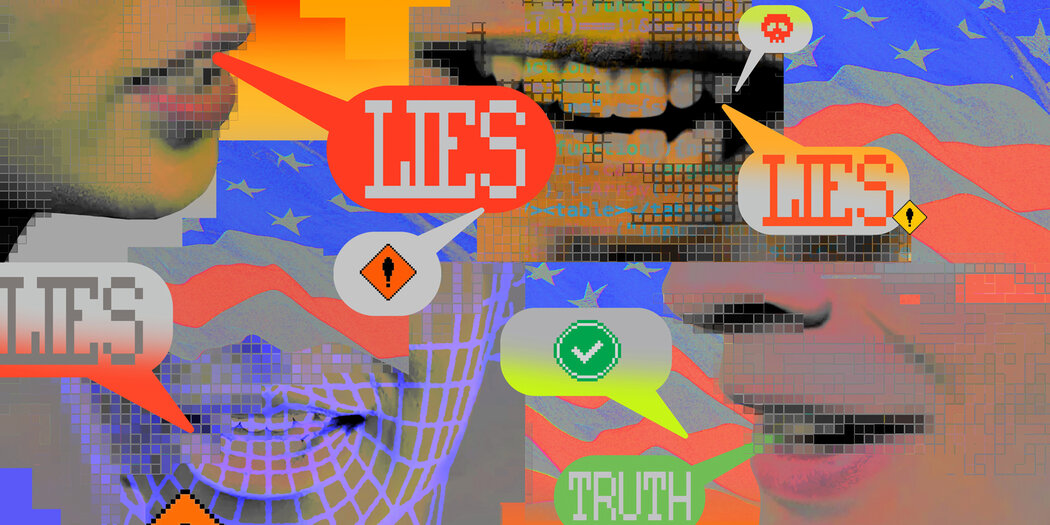Deepfakes, Elections, and Shrinking the Liar’s Dividend

🌈 Abstract
The article explores the concept of the "liar's dividend" in the context of deepfakes and their potential impact on democracy. It examines the incentives and disincentives for public figures to falsely claim that legitimate audio or video content is artificially generated, as well as the interventions that can mitigate the effectiveness of such claims.
🙋 Q&A
[01] Deepfakes in Politics
1. What are the common deepfake video approaches described in the article?
- Face swap: One person's face in a video is replaced with another's
- Lip sync: A person's mouth is altered to match an audio recording
- Puppet master: A target person is animated by a performer in front of a camera
2. How have deepfakes been used in the political domain?
- A fake audio clip depicting the leader of the pro-Western Progressive Slovakia party discussing how to rig the country's election went viral in September 2023.
- Deepfakes of President Joe Biden, former President Donald Trump, and other U.S. political leaders have circulated.
3. How does the "liar's dividend" relate to deepfakes in politics?
- As deepfake technology improves, people may become more skeptical about whether events portrayed in videos actually occurred, which can allow public figures and private citizens to sow doubt in real audio or video footage and potentially benefit from the "liar's dividend."
- Lawyers have attempted the "deepfake defense" in court, asserting that real audiovisual evidence against a defendant is fake.
- Political figures have denied the authenticity of audiovisual content, claiming it is AI-generated.
[02] Employing the Liar's Dividend
1. What are the different ways a candidate could falsely claim that damaging content is AI-generated?
- The candidate themselves could deny the veracity of the content.
- Established proxies (such as campaign staffers), supporters, or unaffiliated/anonymous voices could seek to defend the candidate.
- The claims could be direct (asserting a specific piece of media is AI-generated) or indirect (raising broader uncertainty about what to trust).
2. What factors might influence a candidate's decision on who delivers the false message?
- A direct denial from the candidate could maximize media attention and maintain electoral viability, but carries a higher risk of reputational backlash if the lie is disproven.
- Relying on proxies could provide more plausible deniability, but the proxies' credibility may be limited if they lack separation from the candidate.
[03] Shifting a Candidate's Calculus
1. How effective are current deepfake detection methods in deterring false claims of artificiality?
- Deepfake detectors alone are insufficient, as they can be evaded by new techniques and some deepfakes may still go undetected.
- Proving the authenticity of content through techniques like tamperproof metadata signatures is a more promising approach than trying to prove something is fake.
2. How can strengthening the public's ability to discern truth help reduce the incentive to lie?
- Efforts should focus on increasing truth discernment, not just skepticism, to avoid the public becoming overly skeptical of all content.
- Media outlets should educate the public about the liar's dividend and avoid inflating the threat of deepfakes.
3. How do the messenger and the content itself affect the believability of false claims of artificiality?
- Claims from candidates themselves may be more believable, but the public may also view them with more suspicion due to the candidate's incentive to disclaim unflattering content.
- Claims from seemingly objective messengers may be most believed.
- The substance and quality of the content itself also affect how believable a false claim of artificiality would be.
4. How can establishing norms against false claims of artificiality help hold liars accountable?
- Activists, thought leaders, and the public should establish norms around the acceptable use of AI in politics and voice criticism when candidates stray from them.
- This could help limit the benefit of lying and shift a prospective liar's calculation.